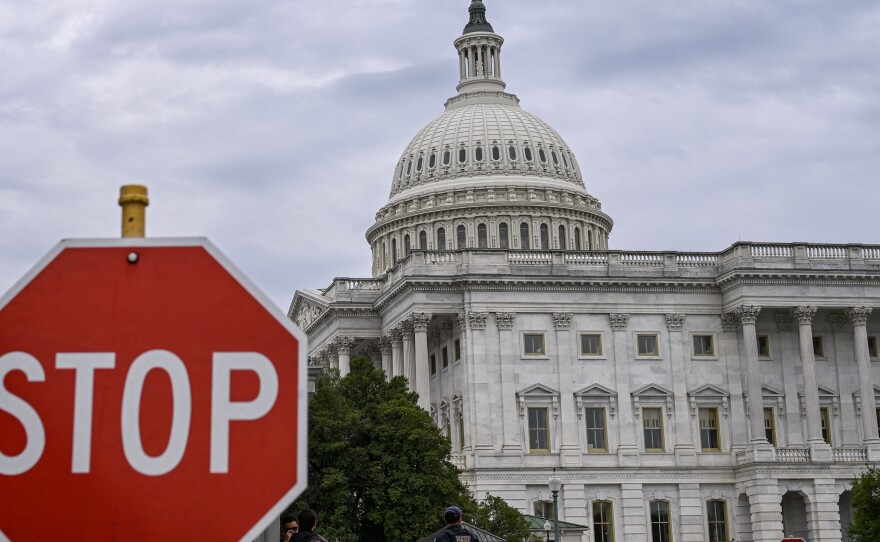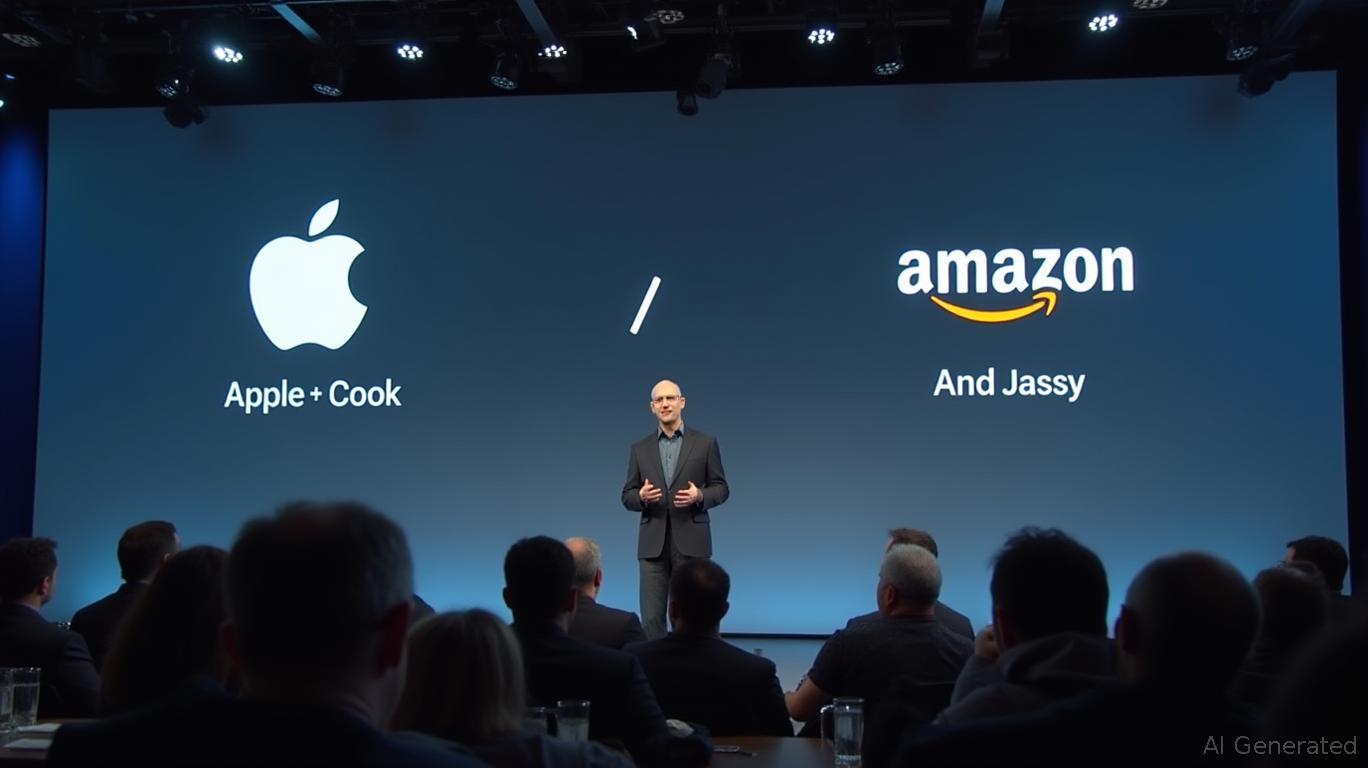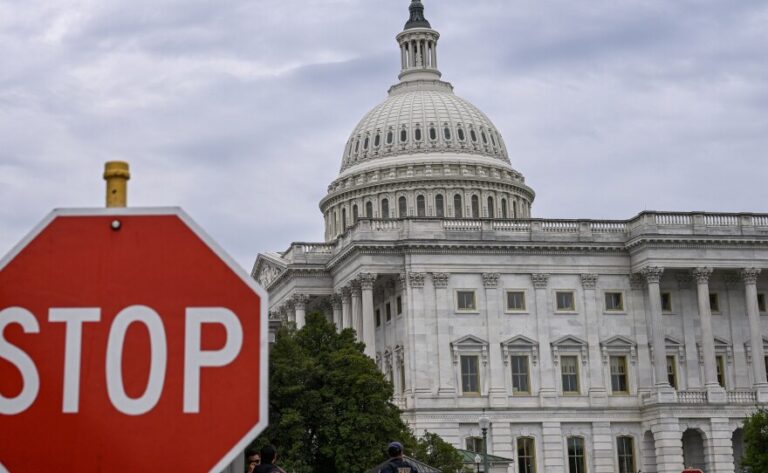The United States Senate is currently debating the “One Big Beautiful Bill Act” (OBBBA), a massive legislative package that promises to fundamentally reshape America’s healthcare system and tax code.
The bill, which passed the House in May 2025, represents one of the most significant policy overhauls in recent history, with projected impacts on millions of Americans.

What’s in the Megabill?
The OBBBA combines sweeping tax cuts with major reforms to healthcare programs.
According to the Congressional Budget Office, the legislation would reduce federal Medicaid spending by approximately $1 trillion over the next decade while providing roughly equal tax cuts primarily benefiting the wealthiest Americans.
The bill extends and expands tax cuts from President Trump’s first term, which are set to expire at the end of 2025.

Healthcare Cuts: Who Will Be Affected?
The healthcare provisions in the megabill would dramatically alter coverage for millions of Americans.
The Congressional Budget Office estimates that approximately 16 million people could lose health insurance by 2034 if the bill passes in its current form.
Key changes include:
Medicaid Work Requirements
The bill mandates that able-bodied adults without young children work at least 80 hours per month to maintain Medicaid eligibility.
States would be required to verify eligibility every six months instead of annually, creating additional administrative hurdles.
ACA Marketplace Changes
The legislation would allow enhanced Affordable Care Act premium tax credits to expire, affecting over 24 million Americans who currently purchase insurance through ACA marketplaces.
Automatic re-enrollment would end, requiring all enrollees to actively renew their coverage each year.

Environmental and Energy Provisions
Beyond healthcare, the megabill targets the Inflation Reduction Act’s climate provisions.
While the Senate version is less aggressive than the House’s approach, it still phases out federal support for wind and solar power development.
The bill eliminates subsidies for electric vehicles, heat pumps, and rooftop solar panels, potentially slowing America’s transition to clean energy.
Impact on Rural Communities
Rural hospitals and communities face particular challenges under the proposed cuts.
With operating margins averaging just 3.1 percent, many rural hospitals could face closure if Medicaid funding is reduced.
The bill includes $50 billion in relief funding for rural hospitals over five years, though experts question whether this will offset the broader cuts.
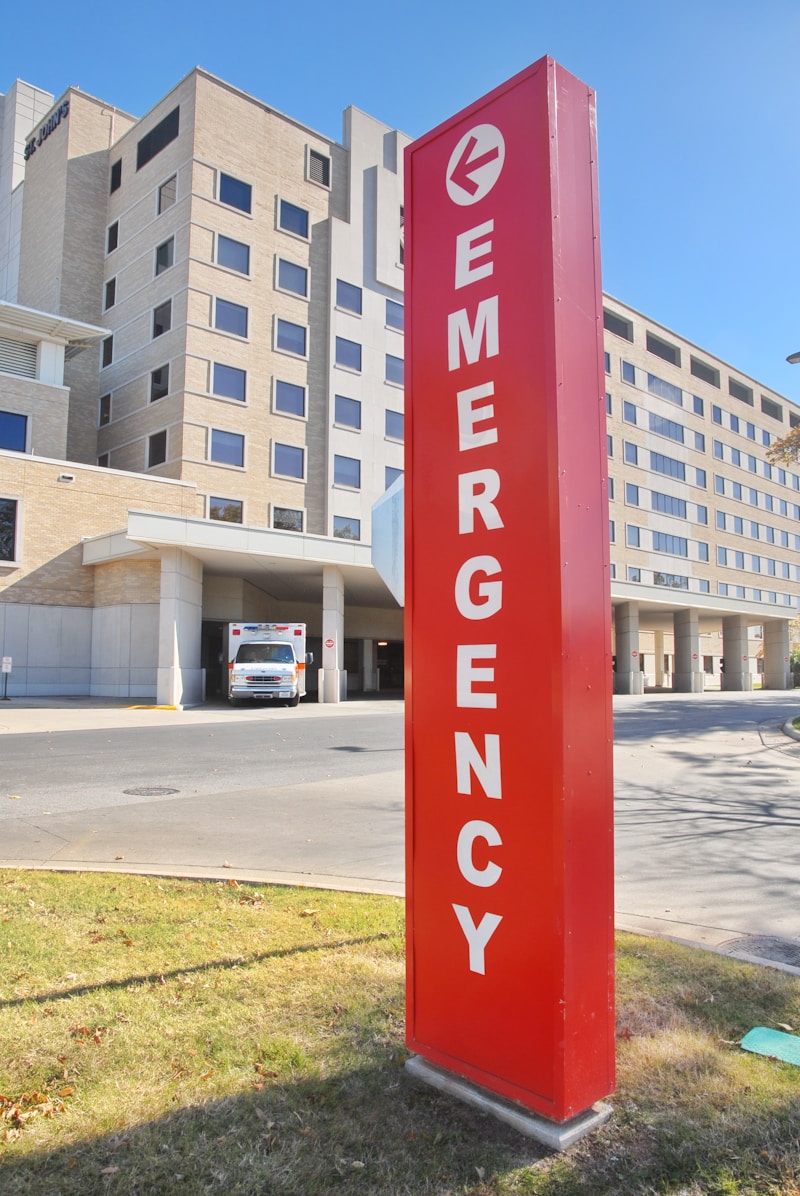
Political Battle Lines
The megabill has created divisions even within the Republican Party.
Senate Majority Leader John Thune can only afford three defections from his caucus, and several moderate Republicans have expressed concerns about the healthcare cuts.
Senators Lisa Murkowski (Alaska), John Curtis (Utah), Jerry Moran (Kansas), and Thom Tillis (North Carolina) warned that dismantling tax credits could destabilize investments in their states.
Democratic Opposition
Senate Minority Leader Chuck Schumer has assembled a team to lobby potentially persuadable Republicans.
Democrats argue the bill trades healthcare for millions of low-income Americans to fund tax cuts for the wealthy.
They point to Joint Committee on Taxation estimates showing the top 0.1 percent of earners would receive $500 billion in tax cuts over the decade.
Economic Implications
The Congressional Budget Office projects the legislation would add $3.3 trillion to the federal deficit through 2034.
This comes after accounting for the proposed spending cuts and potential economic growth from the tax reductions.
Healthcare providers could face an estimated $31 billion in uncompensated care costs by 2034 as millions lose insurance coverage.
State-Level Impacts
The 40 states that expanded Medicaid under the Affordable Care Act face particularly steep cuts.
These states would see reduced federal matching rates and new administrative requirements that could force them to drop expansion programs.
Nine states have “trigger” laws that would automatically end Medicaid expansion if federal funding drops below certain thresholds.
Implementation Timeline
If passed, most provisions would take effect within 60 days of enactment.
Work requirements for Medicaid would begin in 2026, while some eligibility rule changes would be delayed until 2035.
The rapid implementation timeline has raised concerns about states’ ability to adapt their systems.
What Happens Next?
The Senate is expected to vote on the bill in the coming days.
If it passes, differences between the House and Senate versions must be reconciled before sending final legislation to President Trump.
Several House Republicans have indicated they may oppose the bill if the Senate makes significant changes, setting up a potential standoff between the chambers.
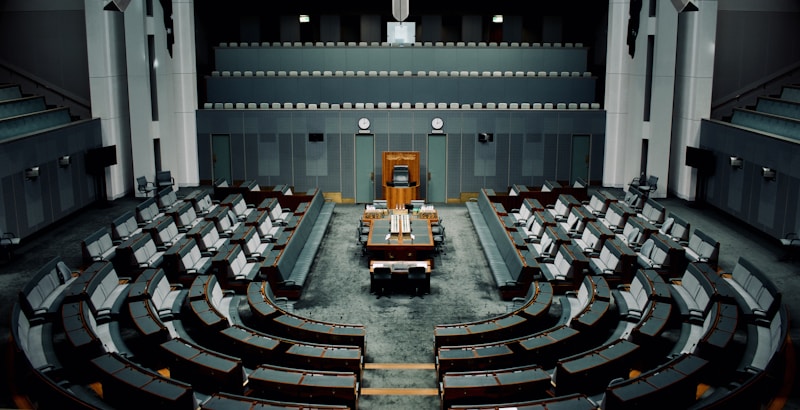
Looking Ahead
The One Big Beautiful Bill Act represents a defining moment for American healthcare and tax policy.
Its passage would mark the largest restructuring of federal health programs since the Affordable Care Act’s implementation.
As debate continues, millions of Americans watch anxiously to see how this megabill will reshape their access to healthcare and the nation’s economic future.


